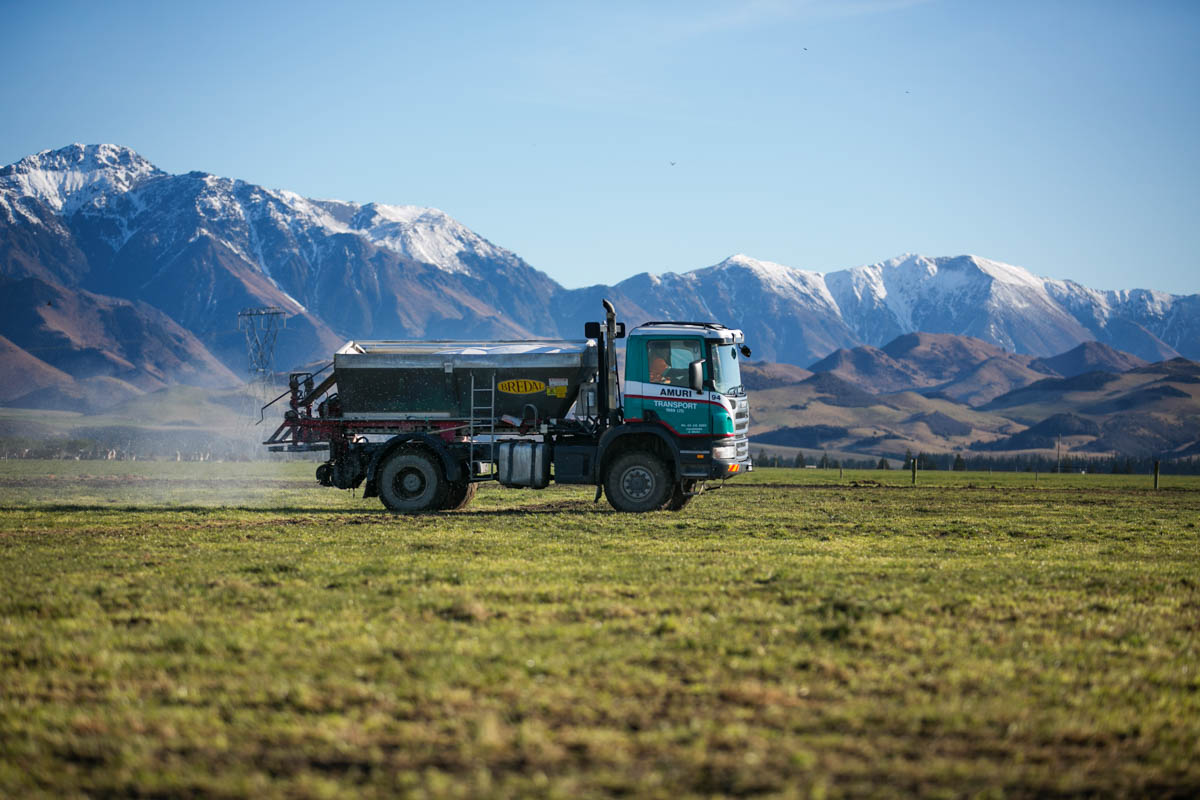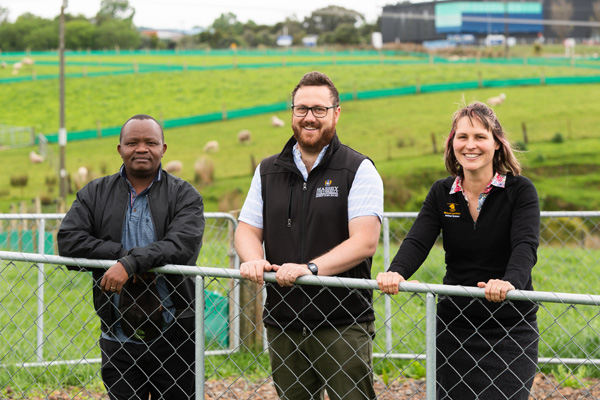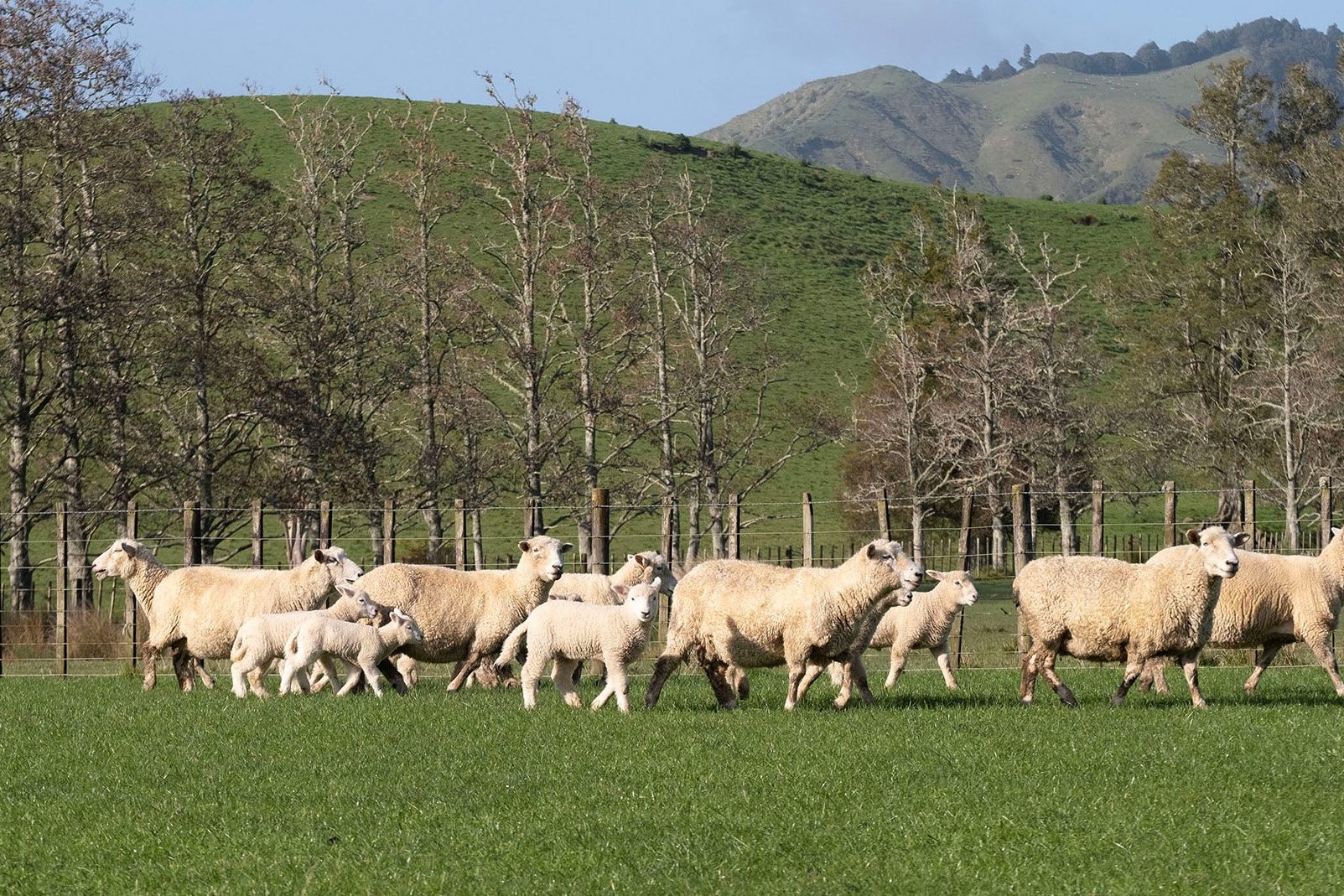A New Zealand no-tillage pioneer has negotiated a significant distribution licence with a United States business to manufacture Cross Slot machines for sale throughout North and South America.
The deal gives Cross Slot IP Ltd, based in Feilding access to half the world’s markets as more than 70% of crops in some South American countries are grown by the no-tillage process. As part of the arrangement, it will continue to supply its unique openers (blades) to manufacturers throughout the world.
Over 30 years, Cross Slot pioneered technology that has seen openers penetrate through crop residue or vegetation on top of the soil and sow seed and fertiliser in separate bands directly into the soil. The process traps humidity, recaptures carbon from the atmosphere, preserves the micro-organisms, increases yield and largely prevents carbon in the soil organic matter from escaping into the atmosphere. Cross Slot chief executive Dr John Baker is delighted with the deal.
“This is not just a foot, but a leg in the door internationally for us and is a major step forward in ensuring food production remains sustainable during rapid population growth,” he says. “It’s the recognition we’ve been looking for over the last 20 years and it promises an exciting future.”
Baker says the American contract is the catalyst for similar contracts currently being negotiated in the United Kingdom, Europe, Australia, New Zealand, Africa and Asia.
“The end result will see the world being fed either by this low disturbance, notillage equipment or lookalike copies. The alternative is widespread hunger and the world’s inability to feed itself,” he says. The current level of contracts being negotiated is in sharp contrast to Cross Slot’s financial position 12 months ago. Baker acknowledges that a pause in the market put his company under considerable pressure.
“Our response was to downsize the company and focus on the things we were good at. The result has been a resurgence of interest from farmers, manufacturers and investors who saw regenerating soil health as central to their own future viability,” he comments.
Contracts, such as the distribution licence negotiated in Wisconsin, will enable companies to build cheaper Cross Slot machines and market them more effectively to farmers who want to increase profitability and help to address climate change.
“The patented openers are unique and our point of difference. They comprise about 50% of the cost of the machines and will always be supplied by Cross Slot IP Ltd,” Baker says. “The headquarters will remain in Feilding.”
Over the last 20 years Cross-Slot has sold product worth $50 million, in 20 countries. “While it hasn’t made us rich, it’s proved that the science was correct,” Dr Baker says.
More? Visit www.crossslot.com




